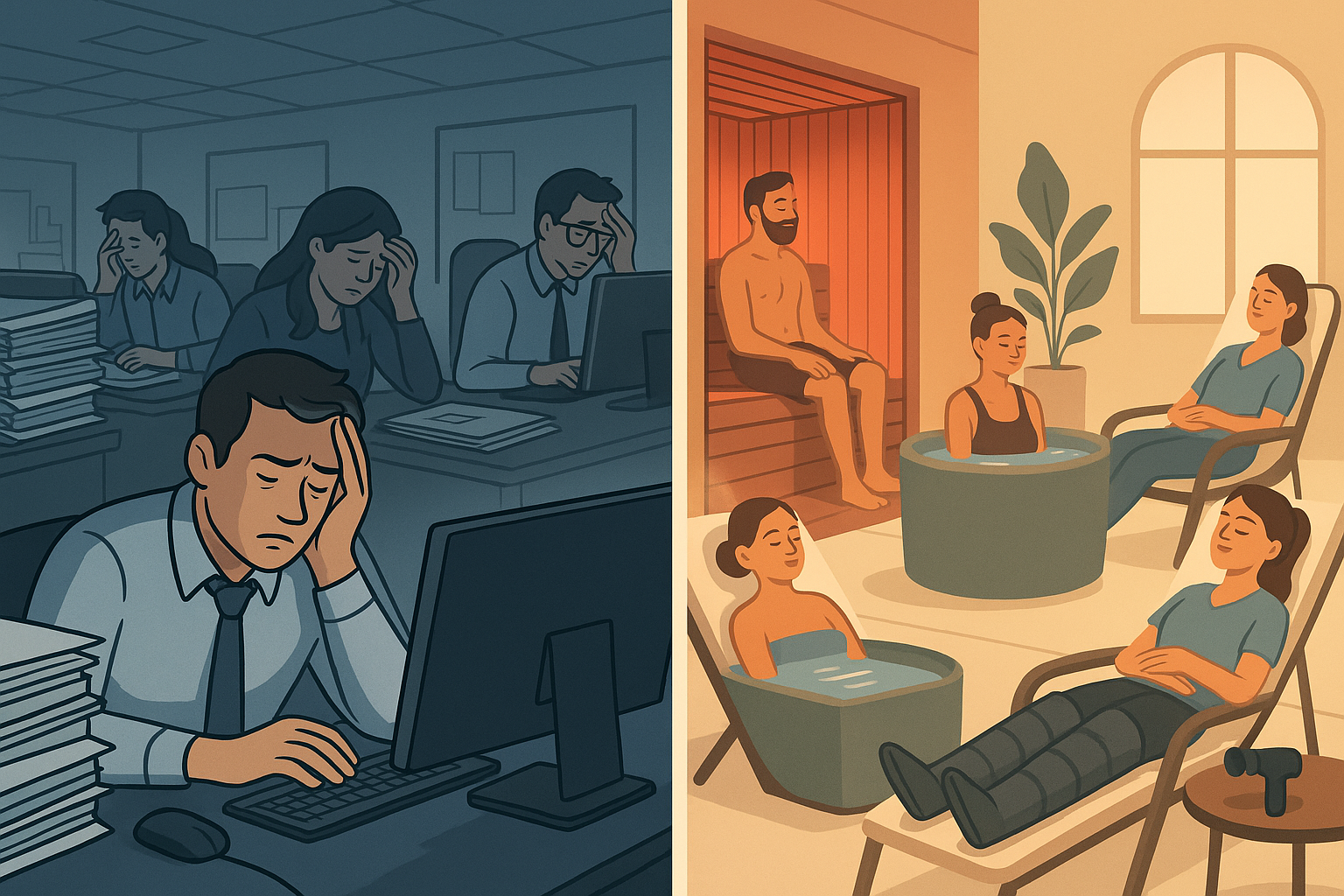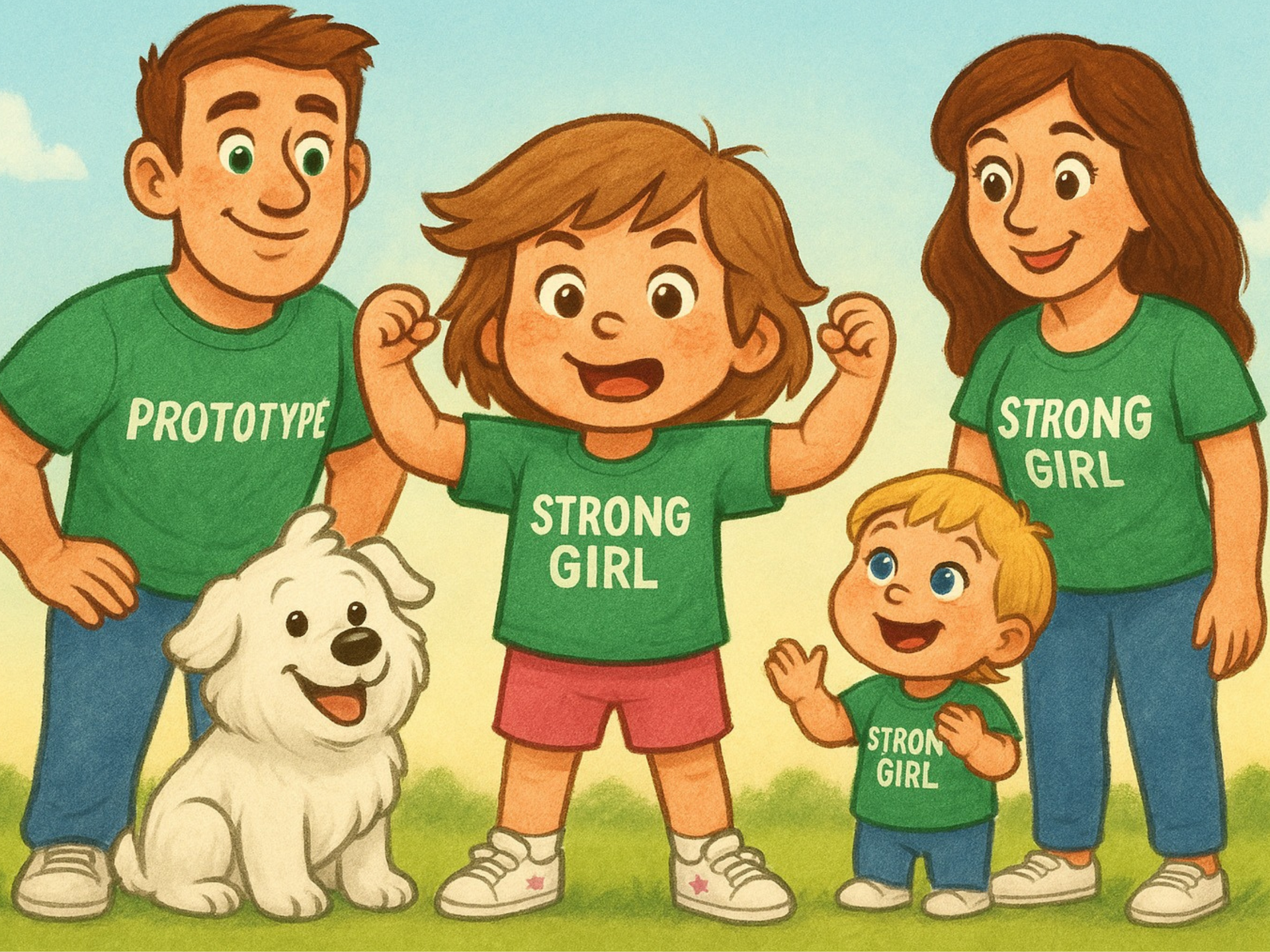Performance and Recovery Series Part 9: Overcoming Limbic Friction and Mastering Delayed Gratification
Overcoming Limbic Friction and Mastering Delayed Gratification
Staying motivated to hit the gym regularly and push through tough workouts can be challenging. Whether it’s the temptation to stay in bed or the urge to skip that last set, we all face internal battles that test our commitment. Neuroscientist Andrew Huberman offers powerful insights into the concepts of limbic friction and delayed gratification—two critical components that can transform your approach to fitness and help you achieve your goals.
What is Limbic Friction?
Limbic friction is the resistance you feel when trying to take action, especially when that action goes against your immediate comfort or desires. It’s that inner voice telling you to hit the snooze button instead of heading to the gym or to grab a snack instead of sticking to your meal plan. This friction originates in the limbic system, the part of your brain responsible for emotions and behavior.
Top-Down Control and Limbic Friction
To overcome limbic friction, you need to engage “top-down control.” This cognitive process is managed by the prefrontal cortex, the brain region that allows you to override immediate impulses in favor of long-term goals. Every time you push yourself to go to the gym despite feeling tired, you’re using top-down control to overcome limbic friction.
Dopamine and Reward Anticipation
Dopamine, a neurotransmitter associated with pleasure and motivation, plays a crucial role in delayed gratification. Surprisingly, dopamine is released not just when you achieve a goal but also when you’re on the path to achieving it. This means the anticipation of future success—like the sense of accomplishment after a great workout can motivate you in the present.
When you practice delayed gratification, you train your brain to associate effort and discipline with positive outcomes. This shift in perception helps you overcome limbic friction, as your brain starts to anticipate the dopamine rush associated with future success.
Cold Plunge Example
Huberman explains how immersing yourself in a cold plunge can significantly boost dopamine levels—up to 2.5 times higher—similar to the effects of certain drugs but with longer-lasting benefits. The anticipation of relief and accomplishment after enduring the cold plunge can help you push through the initial discomfort. This concept can be applied to your workouts: find activities that provide a substantial dopamine boost to train your brain to link effort and discomfort with positive outcomes.
Watch the video: HERE
Using Workouts to Train Top-Down Control and Overcome Limbic Friction
Your time at the gym is a perfect opportunity to train your ability to overcome limbic friction and master delayed gratification. Engaging in regular, challenging workouts forces you to exercise top-down control consistently. Each time you push through a tough session, you’re not only building physical strength but also enhancing your mental resilience. The act of starting and completing a workout, despite feeling tired or unmotivated, strengthens your ability to override immediate impulses in favor of long-term benefits.
Similarly, incorporating a cold plunge into your routine can be an effective way to train top-down control. The initial shock and discomfort of the cold water require you to summon mental fortitude to stay immersed. As you endure the cold, your body releases dopamine, rewarding you with a sense of accomplishment and relief afterward. This experience reinforces the connection between enduring short-term discomfort and achieving a rewarding outcome, making it easier to apply this mindset to other areas of your fitness regimen.
By regularly pushing through challenging workouts and incorporating practices like cold plunges, you train your brain to associate effort and discomfort with positive results. Over time, this makes it easier to overcome limbic friction, stay motivated, and consistently work towards your fitness goals. Embracing these strategies can transform your approach to fitness, helping you unlock your full potential and achieve lasting success in the gym.
Conclusion
Limbic friction and delayed gratification are not insurmountable obstacles but trainable skills that can be developed with practice and perseverance. By understanding the neurological mechanisms at play and implementing strategic practices in your workouts, you can enhance your ability to stay motivated, achieve your fitness goals, and unlock your full potential. Embrace the journey of mastering these skills and watch as you transform your approach to fitness and success in the gym.
Previous Blogs

Climb to New Heights
Prototype Training Systems is more than a gym - it is a lifestyle. Join us today!



